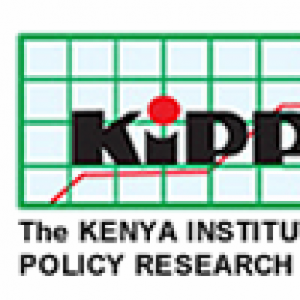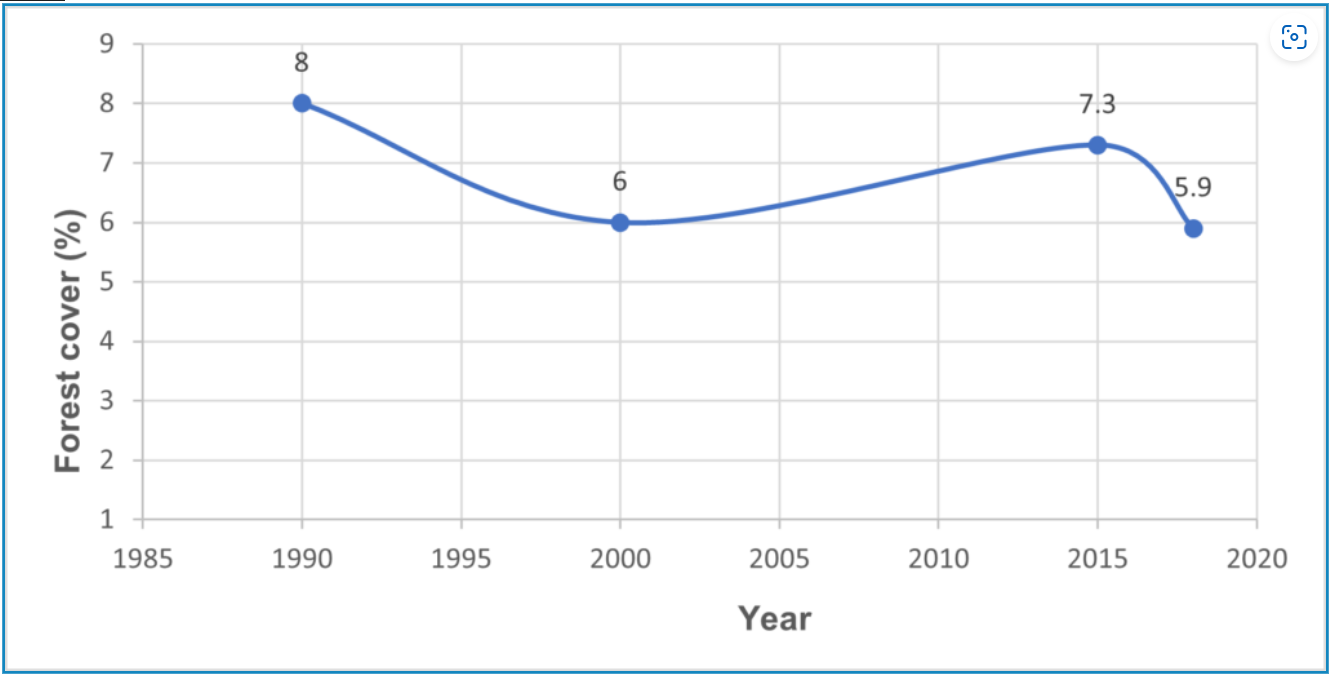The Big Four Agenda is a government set of priority programmes and reforms, which was to be implemented over a period of five years — 2018 to 2022. This Big Four Agenda includes affordable housing, food security, manufacturing and affordable healthcare for all. Its objective is to help transform Kenya into a newly industrializing, middle-income country, providing a high quality of life to all citizens.
Effects of COVID-19
The pandemic has led to dramatic loss of human life and presents a presented challenge to various public sectors including: education, public health, food system and world work and finally shelter. Some of the effects of COVID-19 are as follows.
- Disruption of learning institution and culture. The outbreak of pandemics; COVID-19 and related infectious ailments, which send schools to unexpected prolonged closures, pause a lot of challenges to marginalized and vulnerable learners.
- Lacking behind of the economy of Kenya. The country since the outbreak and spread of COVID-19 has used many of its resources on the fight to sustain and control the spread of the pandemic.
- Many of the enterprises in the country has faced an existential threat. Due to the outbreak of the pandemic there are some of the industries that inquired a lot of losses on their companies, enterprises and industries.
- Job loss. A lot of people lost their jobs, informal economic workers became particularly vulnerable because of their majority locked social protection and access to quality health care and hence lost access to productive assets without the means to earn income during the lockdown many were unable to feed themselves and their families.
- The pandemic affected entire food system and made it fragile. Border closure, trade restrictions and confinement measures prevented farmers from accessing market with the expectation of either buying inputs such as farm fertilizers, animal feeds, pesticides and herbicides or on the other hand selling their products.
Constraints to recover from the social economic shock of COVID-19.
The way the economy of Kenya is straining gives a direct prove that there is no way that the president is going to fulfil the promise he made.
- High decline of agricultural produce. Agriculture is more of a backbone to the Kenya economy in that most of the farm produce exported to the outside countries generates a lot of income to the country.
- Campaigning period. Currently in the country there are a lot of political campaign going and thus the deputy to the president who is fighting for presidency has put more of his effort on focusing on the his political campaign rather than helping the president achieve the plan they had to fulfil on their term.
- Foreign debts. The country has been borrowing a lot of loans from the developed countries despite having more debts, this issue to do with debts has also been a hindrance to the achievement of the big-four agenda.
- Terrorism. Since the threats of the Al-shabab that attack Kenya in 15th JANUARY 2019, the government has spent too much in money on funding the security agencies as well as recruitment plans.
- Leadership differences. Recently there has been differences and disunity among the ruling leaders; the president and his deputy. This difference has led to disruption of the plans that they had for their subjects, thus there is no hope in achieving the big-four agenda
- Decline of tourist visits. There has been a lower number of foreign tourist in the country, and because of the decline of tourism the economy lacks behind.
- Absence of opposition. Since handshake that happened between the president and the leader of the opposition party, Kenya gradually lost the existence of the opposition party. The opposition party has the role of acting watchdog to the government.
- Inadequate and limited resource allocation. Due to high dependence on the donors the country has been receiving little amount of loans and thus allocate limited funds to various sectors,especially in carrying out development activities.
Policy Intervention to Address The Constrains, To Promote The Realization Of The Big Four Agenda Amid Covid-19.
- The government should intervene to regulate land cost and prevent housing investors from being exploited by land sellers. This will cut down the cost of investing in housing projects and ensure housing are affordable to the low-income earners.
- Securing the future of manufacturing industry. The usual approach towards the manufacturing has to change, it should business oriented. This means there is a need to prioritize its productivity by making it profitable for local companies to export again, boosting their capacity to expand within the country and focusing on SME growth and productivity.
- Enhancing market access. The government should put in place measures and means to improve marketing of products and accessing products.
- Securing Kenyans Innovations. The ministry of education and trade should focus on effective innovation for enhancing food and nutrition security, housing, universal health care and manufacturing industries.
- Build a ‘Spirit of place’ and expose the widespread feeling connected to tourism. The promotional information of the museums and game parks is not encoded thus, must be made available to the oral lever through a number of local citizens or commercial operators.
- Building a strong opposition party. There is a need for the country to have an opposition party.
Conclusion
Therefore, the realization of the big four agenda has been greatly affected by such problems. It becomes difficult for the president to be able to convince his subject that the big four agenda is achievable while what we see and face is gradual loss and disruption of Kenya’s economy.
By Rotich Albert Kimutai, a student at Embu University





